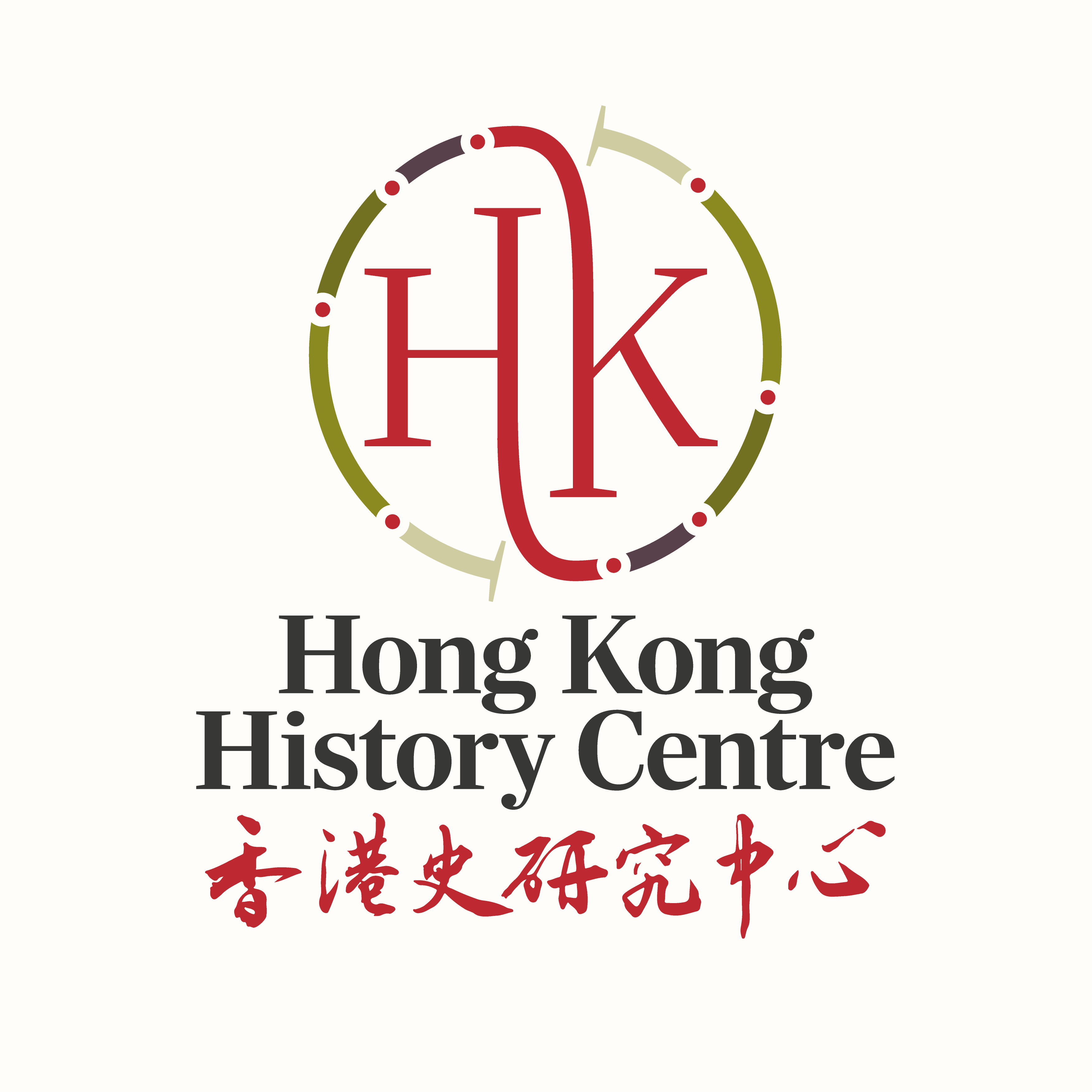
Emerging Paths in Hong Kong History, organised by the Hong Kong History Centre, is to be held on 25-26 June 2025 at the University of Bristol. This conference aims to provide a platform for emerging scholars to present innovative …
30/06/25
Koji Hirata is a Senior Research Fellow in History at Monash University. His research focuses on modern China and its foreign economic and political interactions, especially with Japan, Russia/the Soviet Union, and Britain. His recent publications include Making Mao’s Steelworks: …
08/05/25
Welcome to our latest quarterly round up.
This January we marked the tenth anniversary of the launch in January 2015 at the University of Hong Kong of our Hong Kong History Project, predecessor to the Hong Kong History Centre. On …
07/05/25
Hong Kong History Centre was founded in University of Bristol in 2022. What does the Centre want to achieve? What is its main focus? Prof. Robert Bickers, Co-Director of the Centre will share with us his visions in the last …
01/05/25
There were undeniably injustices under colonial rule before 1997. However, was the relationship between London and Hong Kong purely an exploitative one? In this episode, Prof. David Clayton of University of York will share with us his nuanced analysis of …
01/05/25
Can you imagine what kind of Hong Kong story was told a hundred years ago? Based on his research on Hong Kong’s participation in London’s British Empire Exhibitions in 1924 and 1925, Dr. Gary Wong of University of Leeds revisits …
01/05/25
Paul Chan of Walk-in-Hong Kong has been very active in conservation movement in Hong Kong. Through walking tours, petition and film making, he has been making huge contribution to the preservation of our collective past. In this episode, he will …
01/05/25
Art is an ideal form to document and reflect on the emotion and experience of people living through historical moments. In this episode, we will talk to Wu Hoi Fai, founder of Pants Theatre Production. The Company has been very …
01/05/25
There has been growing interest in promotion of study of local history and heritage conservation in civil society in recent years. We will talk to three activists in coming episodes. Let’s start with David Bellis, who has been running Gwulo.com, …
01/05/25
Have you heard about Tai Ping Theatre in Western District? It was in fact a landmark building in Hong Kong movie business, and also a major venue for Cantonese traditional opera performance for artists in Hong Kong and Guangdong. In …
01/05/25Emerging Paths in Hong Kong History, organised by the Hong Kong History Centre, is to be held on 25-26 June 2025 at the University of Bristol. This conference aims to provide a platform for emerging scholars to present innovative …
30/06/25Koji Hirata is a Senior Research Fellow in History at Monash University. His research focuses on modern China and its foreign economic and political interactions, especially with Japan, Russia/the Soviet Union, and Britain. His recent publications include Making Mao’s Steelworks: …
08/05/25Welcome to our latest quarterly round up.
This January we marked the tenth anniversary of the launch in January 2015 at the University of Hong Kong of our Hong Kong History Project, predecessor to the Hong Kong History Centre. On …
07/05/25
Hong Kong History Centre was founded in University of Bristol in 2022. What does the Centre want to achieve? What is its main focus? Prof. Robert Bickers, Co-Director of the Centre will share with us his visions in the last …
01/05/25
There were undeniably injustices under colonial rule before 1997. However, was the relationship between London and Hong Kong purely an exploitative one? In this episode, Prof. David Clayton of University of York will share with us his nuanced analysis of …
01/05/25Can you imagine what kind of Hong Kong story was told a hundred years ago? Based on his research on Hong Kong’s participation in London’s British Empire Exhibitions in 1924 and 1925, Dr. Gary Wong of University of Leeds revisits …
01/05/25
Paul Chan of Walk-in-Hong Kong has been very active in conservation movement in Hong Kong. Through walking tours, petition and film making, he has been making huge contribution to the preservation of our collective past. In this episode, he will …
01/05/25
Art is an ideal form to document and reflect on the emotion and experience of people living through historical moments. In this episode, we will talk to Wu Hoi Fai, founder of Pants Theatre Production. The Company has been very …
01/05/25
There has been growing interest in promotion of study of local history and heritage conservation in civil society in recent years. We will talk to three activists in coming episodes. Let’s start with David Bellis, who has been running Gwulo.com, …
01/05/25Have you heard about Tai Ping Theatre in Western District? It was in fact a landmark building in Hong Kong movie business, and also a major venue for Cantonese traditional opera performance for artists in Hong Kong and Guangdong. In …
01/05/25